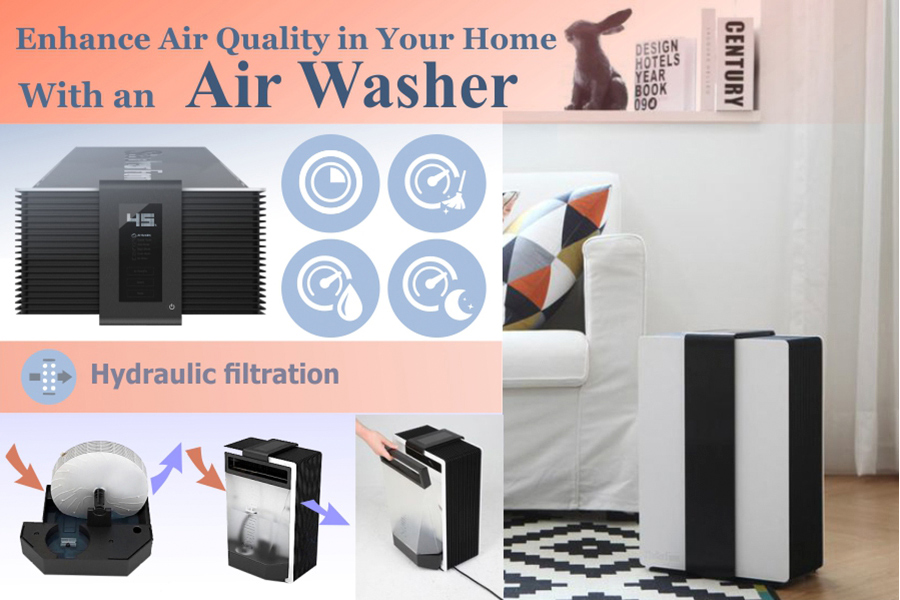Heatpump Vs Furnace - Which Is The Better Heating Alternative For Your Home?
Heatpump Vs Furnace - Which Is The Better Heating Alternative For Your Home?
Blog Article
Writer-Hjelm Sims
Lots of house owners are familiar with furnaces, which warmth homes with oil or gas and push hot air with ductwork. They are reasonably economical and can give reliable heating also throughout a winter months power outage.
Nonetheless, they make use of nonrenewable fuel sources and produce carbon monoxide and other air contamination. They additionally aren't as energy-efficient as a high-efficiency heatpump.
Price
Usually, heat pumps are a lot more budget friendly to run than heating systems. They commonly utilize power and cooling agent to extract heat from outdoor air, and then transfer it into your home. You can benefit from more affordable electrical energy rates throughout off-peak hours to better reduce your heating expenses.
Unlike heat pumps, gas or wood-burning heaters utilize combustion to create warmth, discharging flue gases right into the atmosphere that can be dangerous to your health. These heaters are also much less energy-efficient than heatpump, and their greater operating expense can accumulate in time.
Heating systems are much more complicated than heat pumps and need routine upkeep to make certain the proper function of all parts. Regardless of this, they tend to last longer than heatpump with a common life expectancy of two decades or more. Nevertheless, you'll need to factor in the cost of gas, fuel oil or wood and the extra equipment needed for installment and procedure such as ducts and air flow systems.
Energy Effectiveness
Heat pumps have a greater power efficiency ranking than furnaces. These systems use power to feed on heat from the air, even in freezing temperature levels. They can likewise remove excess warmth from the home during warmer months and recycle it to cool the system. Service provider specialists can help you determine the very best design for your home on environment and source power costs.
Heating systems shed gas oil, gas, natural gas or other types of fossil fuel to warm the air in the home. This air is after that distributed via ductwork using a large follower. Heaters produce greenhouse gases and need routine upkeep and devices upgrades to guarantee secure operation.
The largest benefit of a heating system is that it can be operated also in rough winter season problems due to the fact that it does not depend on exterior temperatures to warm up the air. visit my webpage have a longer life-span than heat pumps and usually last 15 years. They can likewise be paired with dual fuel alternatives, which select the most reliable home heating choice based on the weather condition.
Climate
Heat pumps work well in modest environments and use much less source energy than heating systems. Nevertheless, if your area is extremely cool, you might require to purchase a standard gas heater instead.
Furnaces supply warm, comfortable heat and generally offer fast home heating to raise interior temperatures. These systems can be made use of with a variety of fuel kinds, consisting of natural gas, propane, oil or electrical energy.
They consume more energy than heatpump-- approximately 3x as much-- and need ductwork that's costly to set up or retrofit. They're likewise much more pricey to preserve, as they can trigger air high quality problems and produce greenhouse gas emissions.
If you're dedicated to reducing your carbon impact, a heat pump is a great option for your home. They have less greenhouse gas emissions than furnaces, especially if you choose an ENERGY STAR ® heatpump. Your local Service provider expert can describe the differences between these 2 heating unit and aid you make the best choice for your unique requirements.
air conditioning canterbury can be really energy reliable when powered by natural gas, gas or oil, yet they aren't as power reliable as heat pumps in cold environments. They can additionally be a lot more expensive to mount, calling for gas lines and air flow systems.
Nevertheless, heaters have a tendency to require much less maintenance, which can cause reduced ongoing expenses. They create less greenhouse gases and are much more trusted than heatpump throughout extreme weather.
Electric heat pumps are a lot more versatile in producing interior comfort since they can also function as ac unit during warmer months. They can be more convenient to maintain, calling for just routine air filter modifications and periodic vacuuming.
If you favor the comfort of a single system that does it all, take into consideration a crossbreed heating service that pairs a heater with an electric heatpump. https://thebaynet.com/fireworks-and-your-pet-tips-for-staying-safe/ can instantly switch in between the two home heating alternatives based upon your home's demands and temperature level conditions, maximizing efficiency and financial savings.